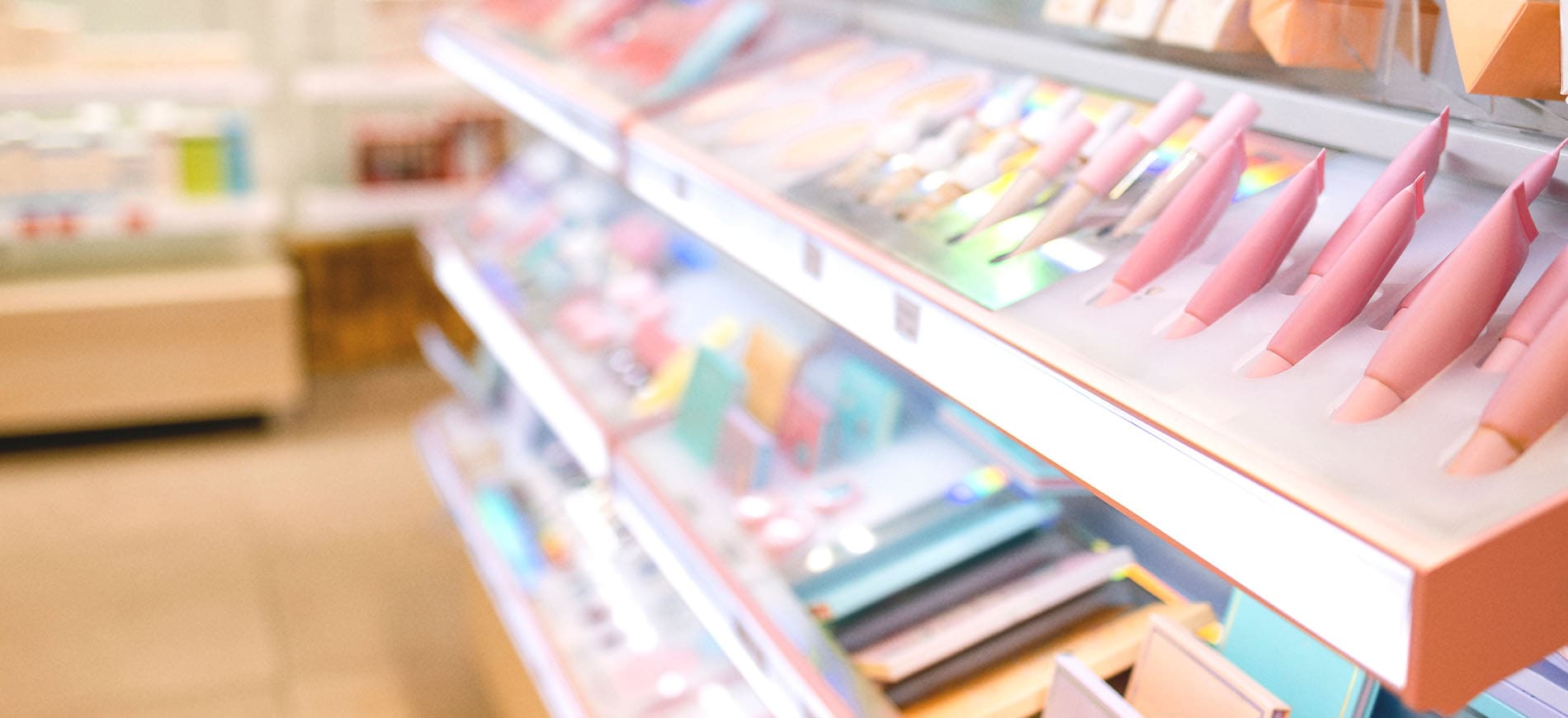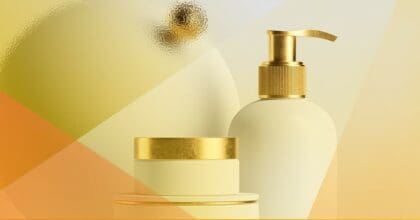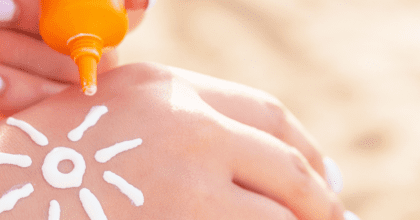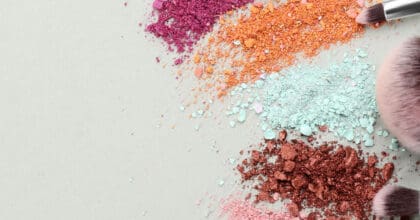While some regions experience water stress more often than others, constraints on the quality and quantity of water available is becoming a global issue. According to a recent report from the World Resources Institute, 33 cities around the world with a combined population of more than 250 million, are currently experiencing extremely high water stress. By 2030, that number population is estimated to rise above 470 million.
Constraints on the quality and quantity of water available not only impacts consumers’ personal care routines, but also limits soap, shower and bath (SBS) brands’ ability to operate effectively. Instead of waiting for these challenges to be implemented, brands can prepare themselves by learning lessons from areas that already deal with water shortages.
Enforced water restrictions are the new reality for some consumers
Some of the main causes of water shortages include increased pollution, increased human demand and overuse of water. Additionally, climate change has altered seasonal rainfall and drought patterns, leading to periods of water restrictions in California, Brazil, South Africa, India and China, as well as numerous megacities across the globe.
According to a new California bill, a limit of 55 gallons per person per day on indoor water consumption is enacted. Water agencies have no way to measure how much water their customers use indoors, so this policy is merely an aspirational target meant to motivate customers to conserve. Still, if this policy was enforced, it could prevent some people from showering and doing laundry on the same day – an eight-minute shower uses about 17 gallons of water, and one laundry load in a standard washing machine (not high efficiency) uses about 40 gallons of water, according to the Alliance for Water Efficiency.
If forecasts about water scarcity are correct, enforced water restrictions could be something other global cities will be forced to adopt. Learning how key water-scarce areas cope with water shortages can help other cities/regions prepare for similar situations.
Cape Town serves as an example for how to drastically reduce water usage
After three years of severe drought, the residents of Cape Town prepared themselves for “Day Zero” to happen in April 2018. “Day Zero” is when most of the city’s taps will be switched off. However, thanks to a combination of rainfall and the introduction of strict water restrictions, the city has succeeded in delaying the worst case scenario according to a public dashboard that continues to track Cape Town’s water crisis.
Additionally, between 2015 and 2018, Cape Town reduced its water use from 1.2 billion liters a day to just over 500 million liters a day, which can partially be attributed to residents changing their water usage behaviors, such as reusing cold shower water to water plants and flush toilets, as well as covering up swimming pools to prevent evaporation.
Brands can manage water usage by working with suppliers and farmers
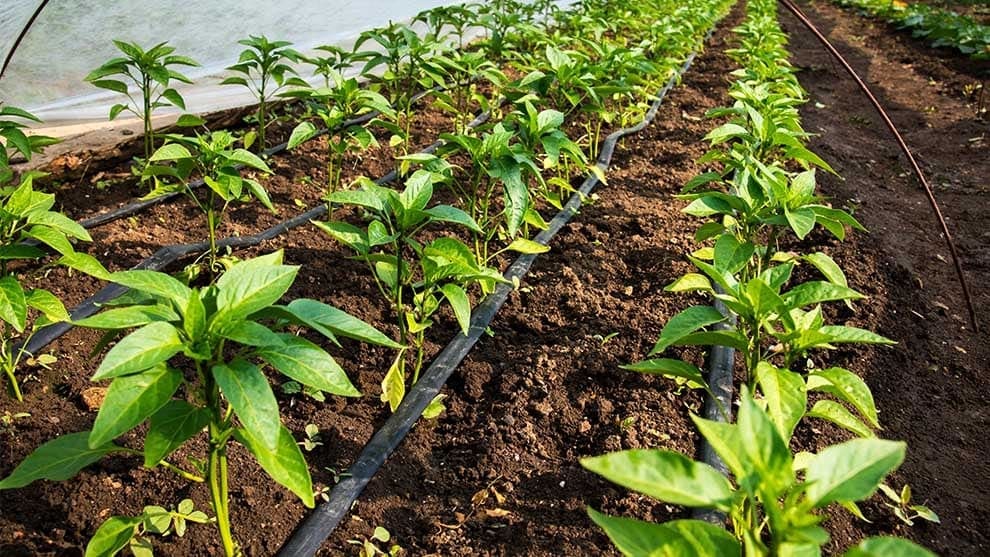
Although water is essential for bathing, there are opportunities for SBS brands to help conserve. For example, Unilever is helping farmers in its supply chain to adapt to the effects of climate change and use water more efficiently to improve crop yields, while also using less water. With its suppliers and growers, Unilever has jointly implemented more than 4,000 water management plans through its sustainable sourcing program.
Additionally, through its Knorr Partnership Fund (KPF), Unilever contributes to a variety of sustainability projects. This includes providing technical support and funding to help farmers convert to drip irrigation. According to Unilever’s website, installing a drip irrigation system is one of the most important steps a farmer can take to reduce water usage, as it cuts water use by as much as 50% compared to overhead or furrow irrigation.
Raise awareness of water scarcity through enlightening campaigns
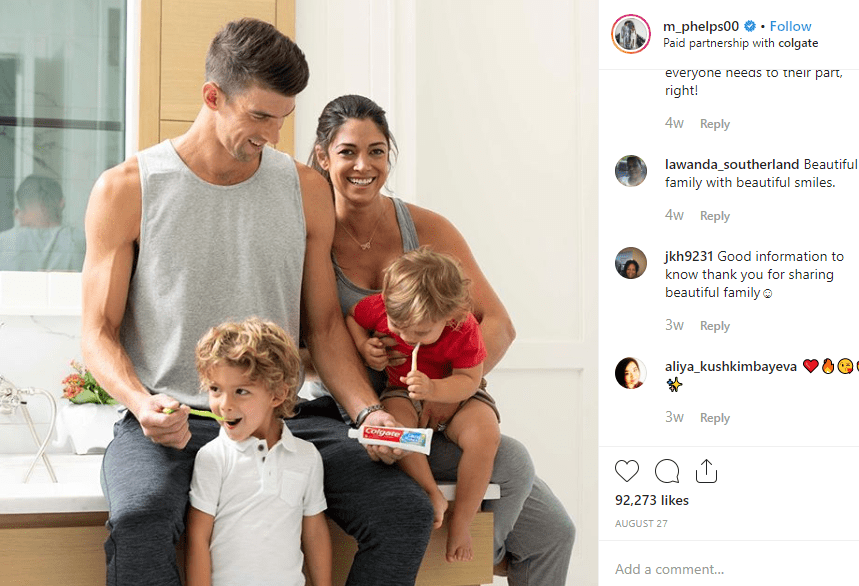
On Earth Day 2019, Colgate announced its continued partnership with swimmer Michael Phelps, who serves as global ambassador for the brand’s ongoing “Save Water” initiative. The campaign promotes water conservation by reminding consumers to practice small behavioral changes to save water, such as turning off the faucet while brushing teeth.
Colgate and Michael Phelps also encourage consumers to share their own water-saving tips on social media and tagging #EveryDropCounts. Consumers can follow Colgate and the Phelps family on social media for news, tips and encouragement regarding water conservation.
Educational campaigns that provide easily adaptable ways to make a difference will appeal to consumers who want to change their habits but are unsure where to begin.
Provide water-saving solutions
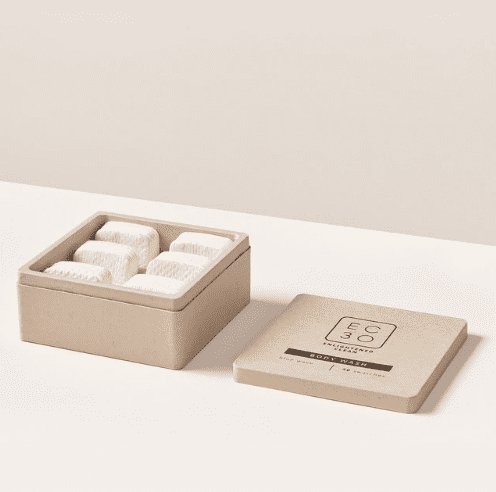
Cutting back on water use is becoming a focus for more people. Nearly a quarter of US adults say they are trying to use less water when bathing, while more than one in five UK adults agree they have made changes to their bathroom routines for environmental reasons, such as using less water. Product innovations that offer the cleansing benefits consumers need but also require less water to use and formulate (eg fast-rinse technology, waterless formulations) are an opportunity for brands to help consumers adapt to a water-scarce world.
In 2019, P&G developed a product line called EC30, which offers a variety of liquid-free cleaning and personal care products, including body wash. EC30 claims its products are made with proprietary technology that eliminates water from the final product, removing 80% of weight while reducing 70% of space required.




















